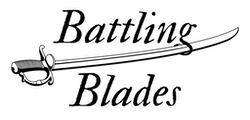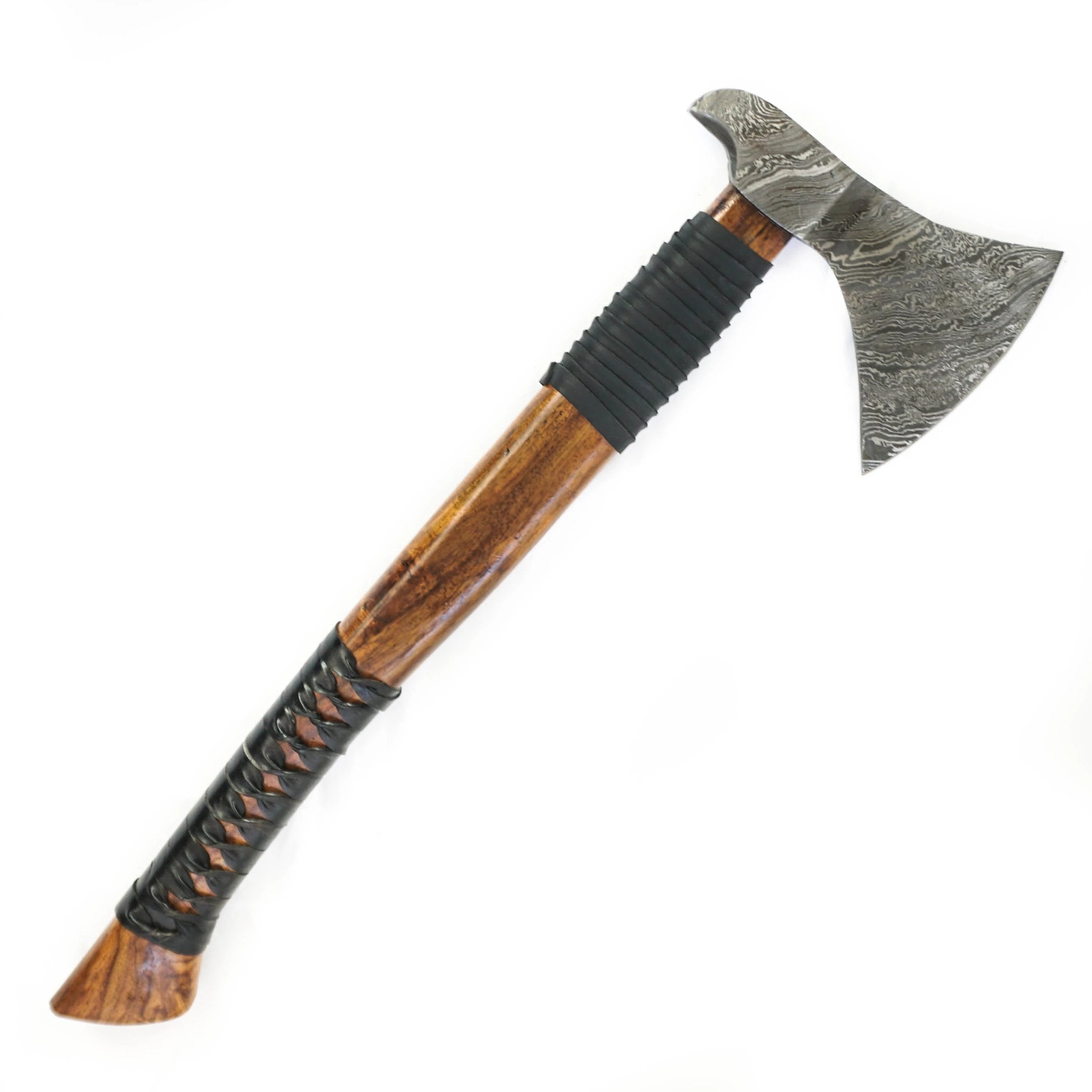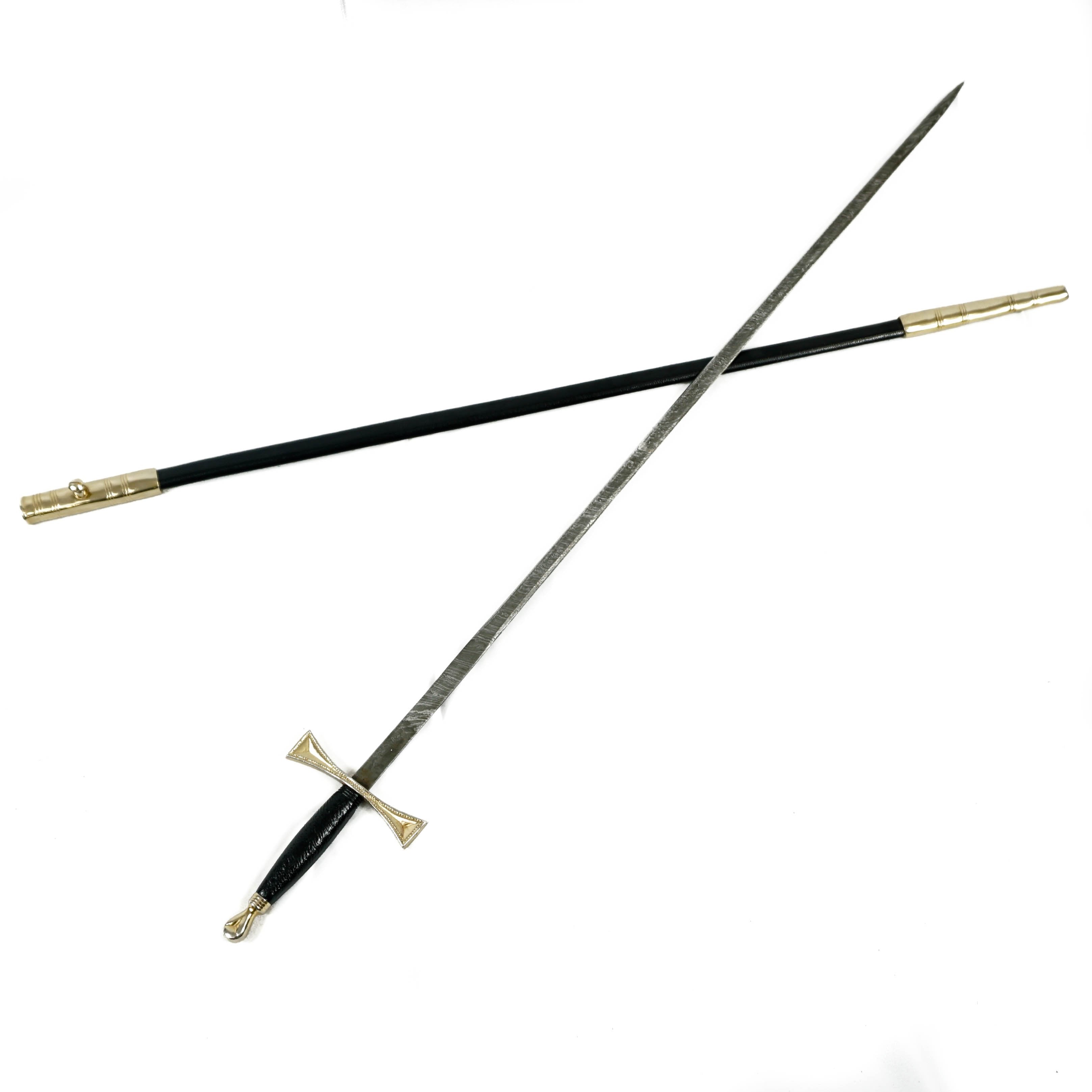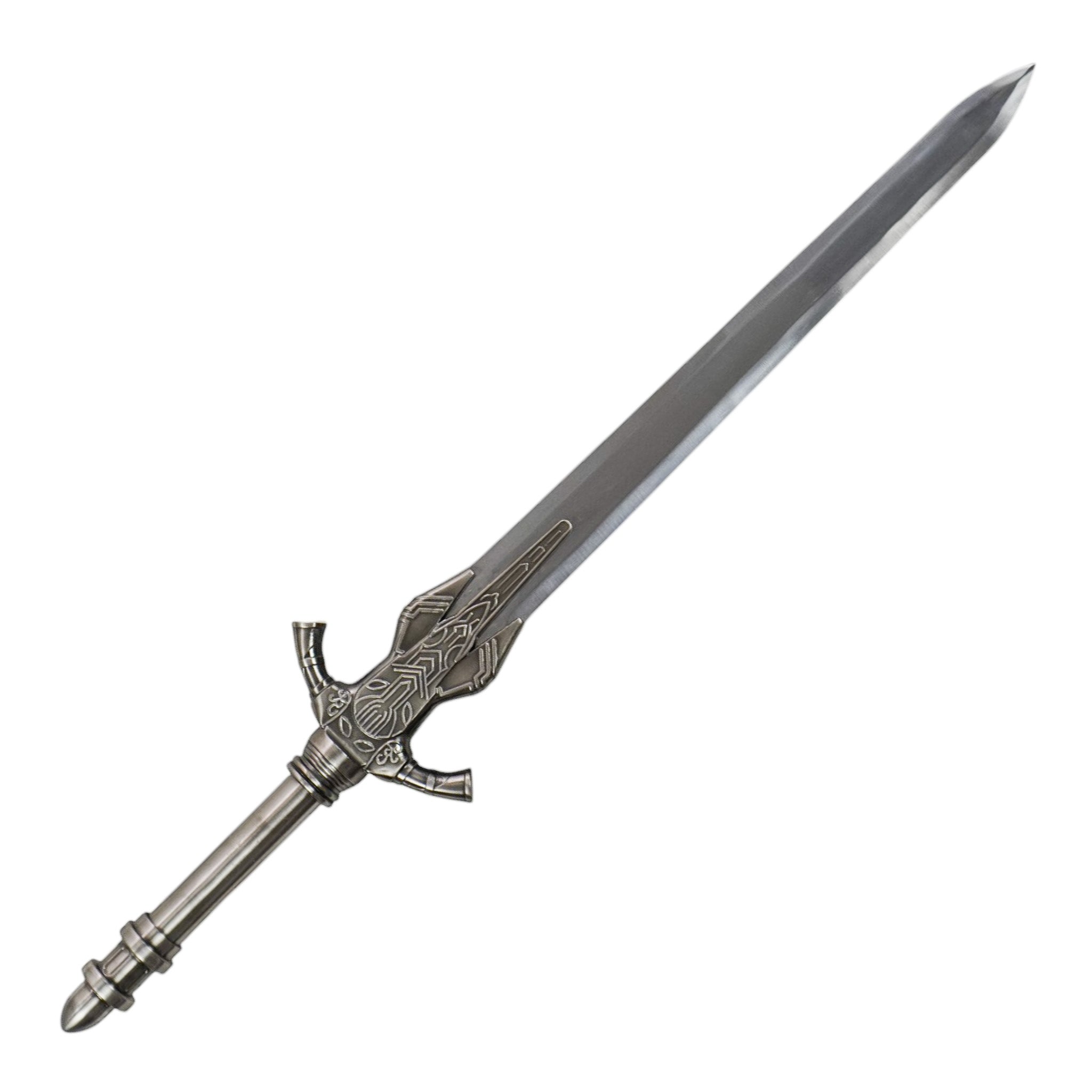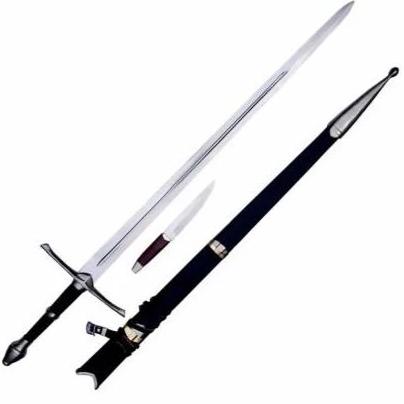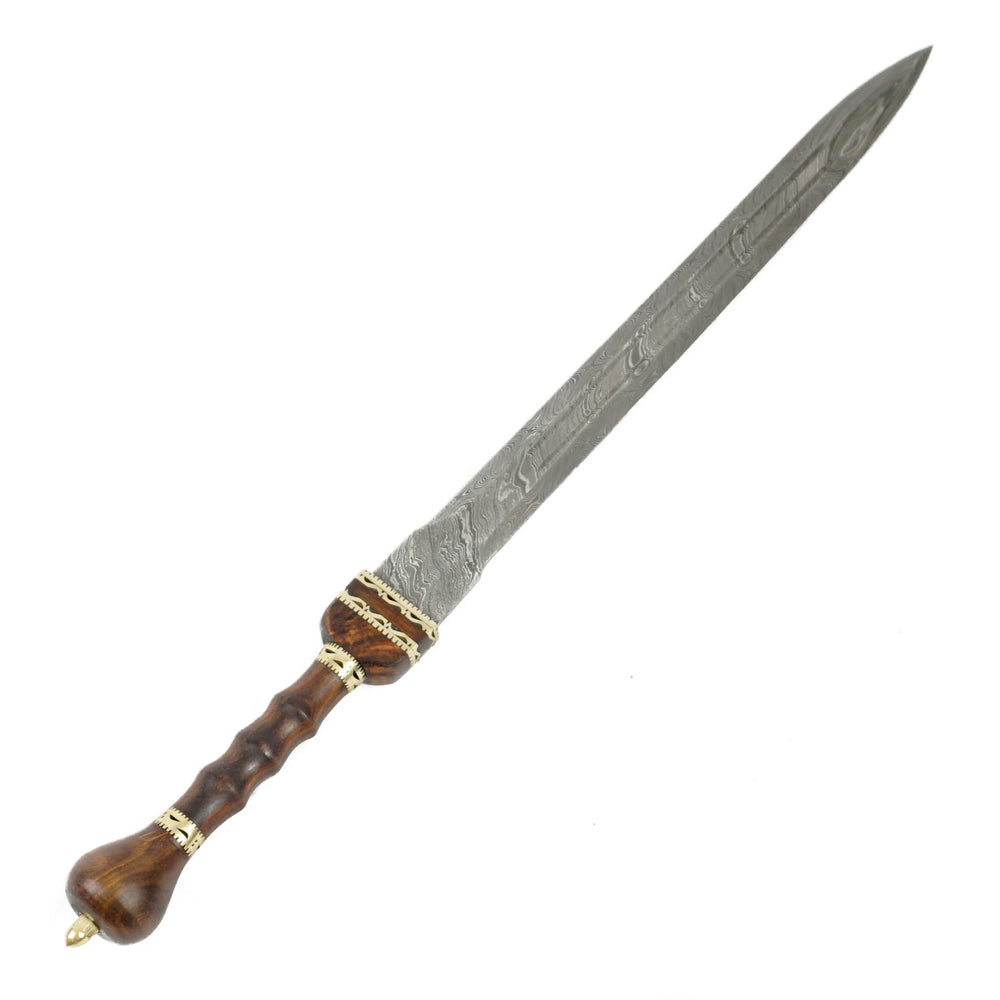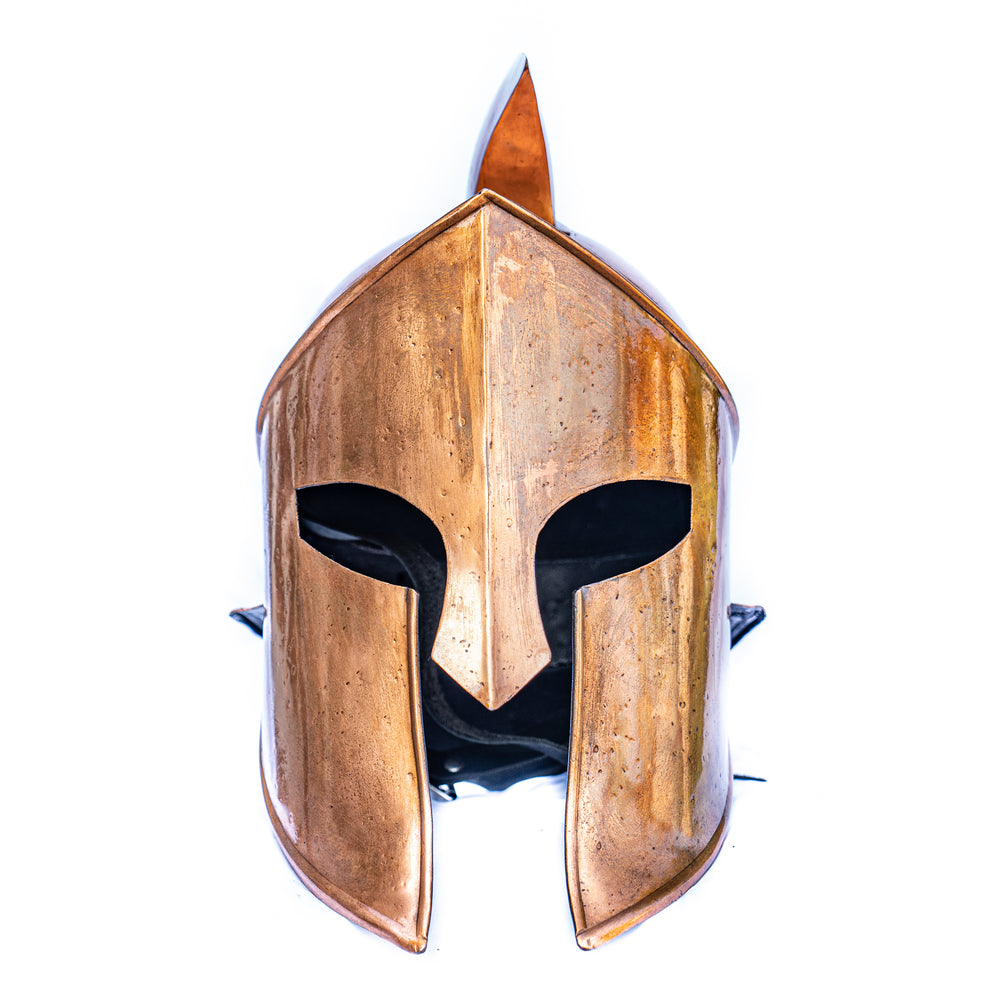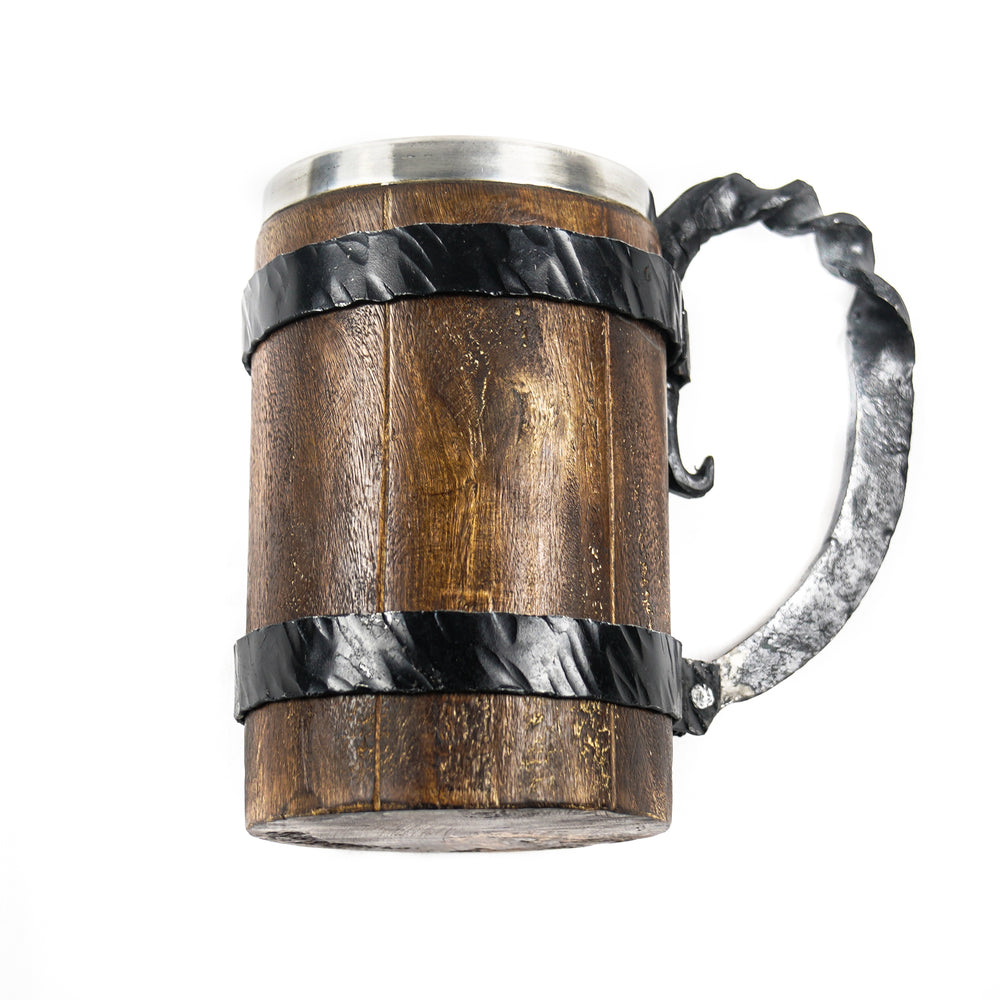Type: Violin
Face Material: Spruce
Back/ Side Material: Maple
Bow Material: Brazil Wood
Top Material: Maple
Fingerboard Material: Ebony Wood
Bow: Yes
Rosin: Yes
Brand Details
Battling Blades specializes in metals. As a result, all of our instruments are made with extremely high-quality materials. We pride ourselves on our metal quality and only use the highest quality brass and steel for our instruments. We believe this quality and design produces best sound possible in its class.
About Our Instruments
We have several versions of each instrument:
Beginner: This is the entry level to our brand. These instruments are designed to allow the user to produce an initial sound.
Intermediate: These instruments are more fine-tuned than standard instruments but are amazing all-around violins. These instruments have some specialized features, but still encompass a broad range of genres.
Professional: Our highest level and quality instruments. These are the best instruments available in the marketplace. These instruments function as all-around violins unless otherwise noted.
About Violins
The violin is a wooden string instrument with a hollow wooden body. It is the smallest and highest-pitched instrument in the family. The violin typically has four strings, (although some have five), usually tuned in perfect fifths with notes G3, D4, A4, E5, and is most played by drawing a bow across its strings. It can also be played by plucking the strings with the fingers and striking the strings with the wooden side of the bow.
Violins are most prominent in the Western classical tradition, both in ensembles and are used as solo instruments. Violins are also in many varieties of folk music and jazz. The violin is also used in many non-Western music cultures, such as Indian and Middle Eastern music. The name fiddle is often used regardless of the type of music played on it.
The violin was first documented in 16th-century Italy. Further modifications occurred in the 18th and 19th centuries to give the instrument a more powerful sound and projection. It served as the basis for the development of other stringed instruments, such as the viola.
